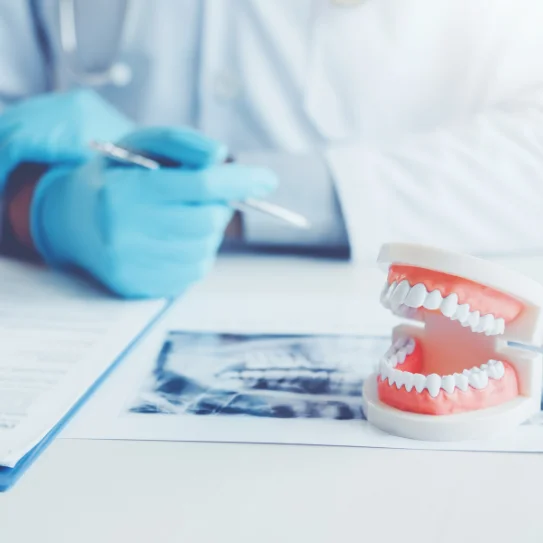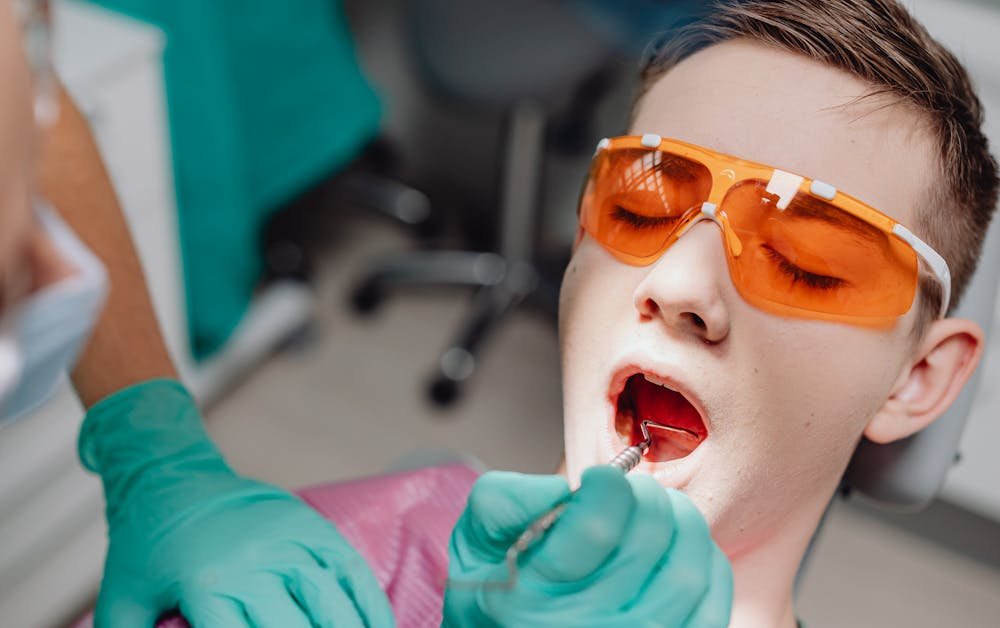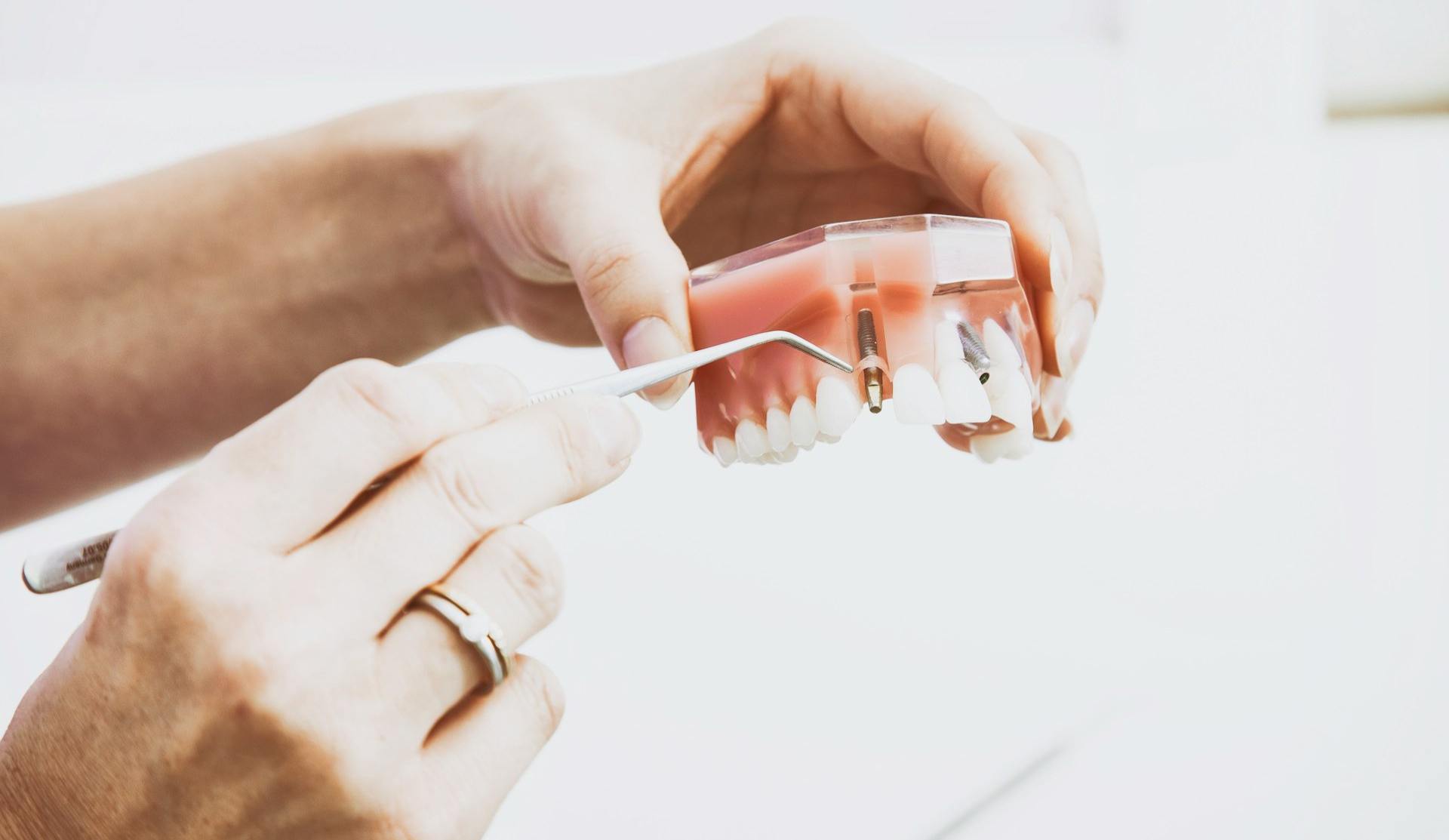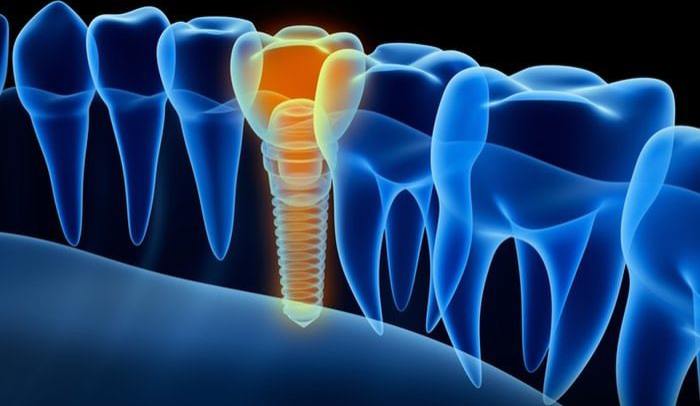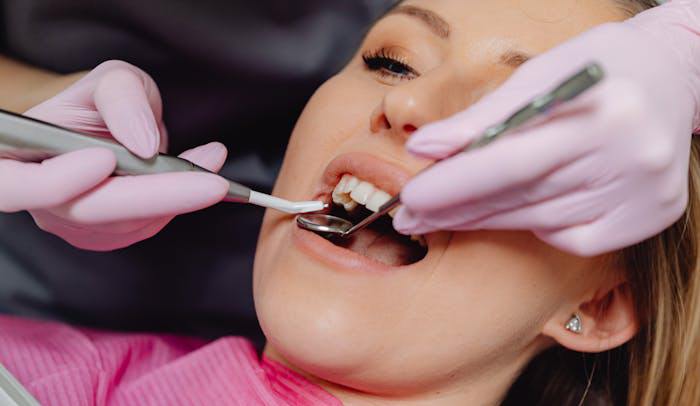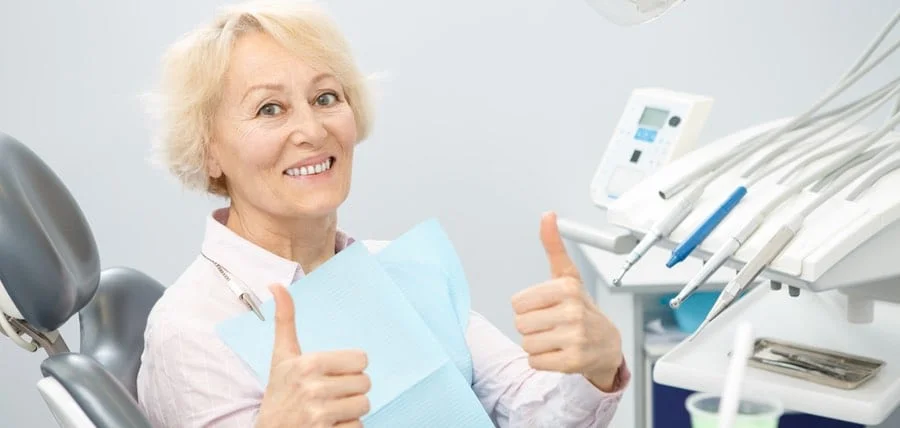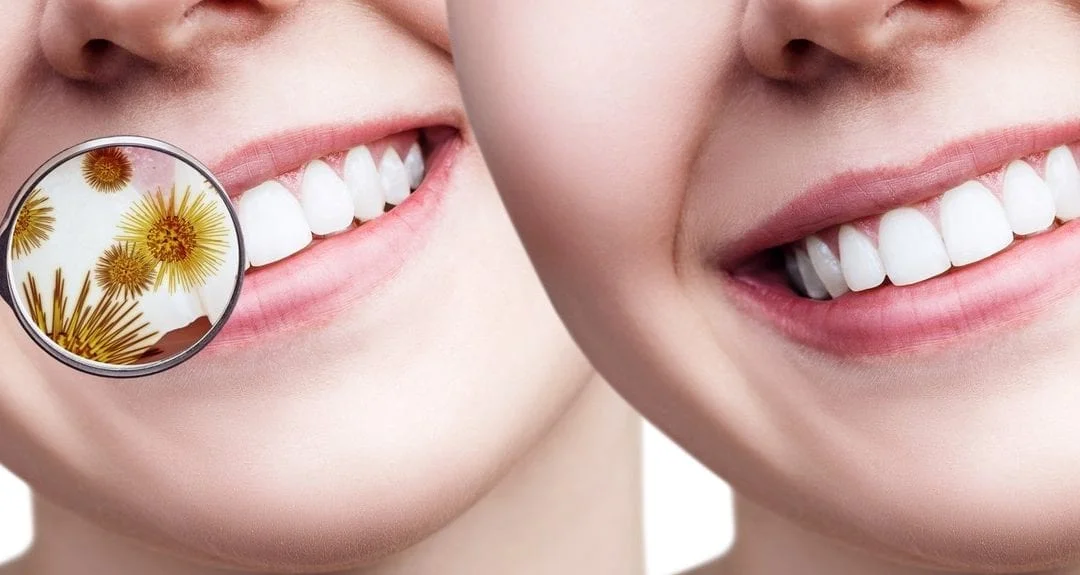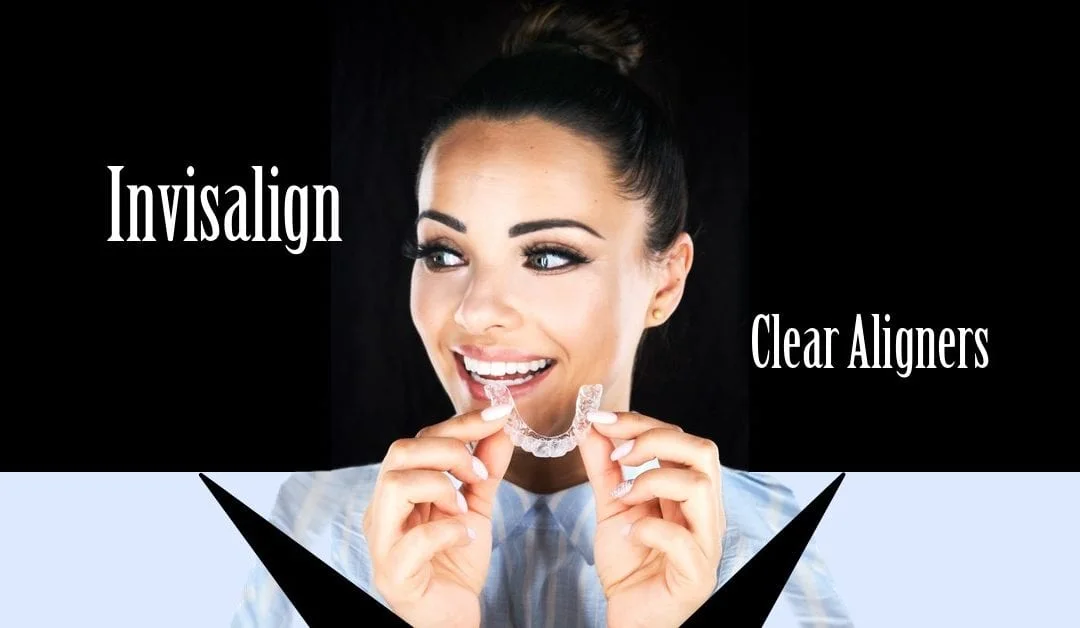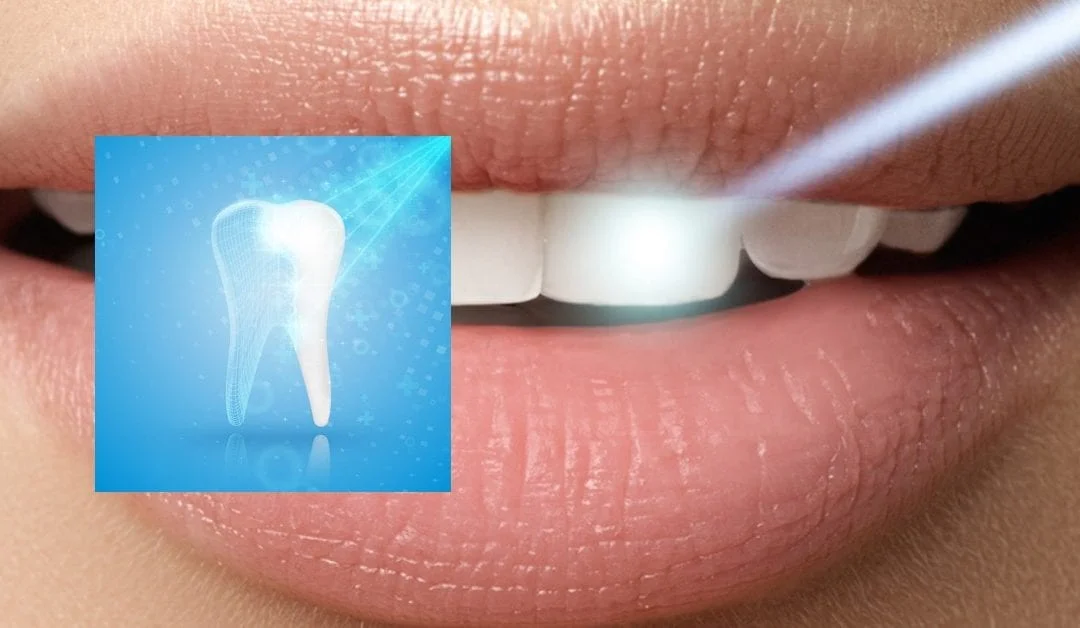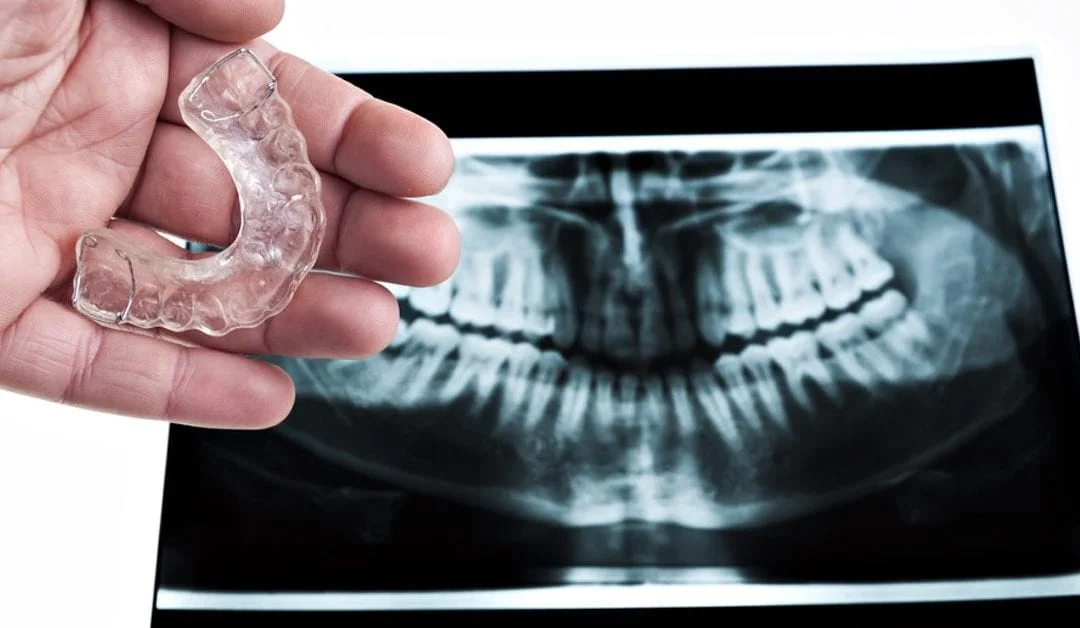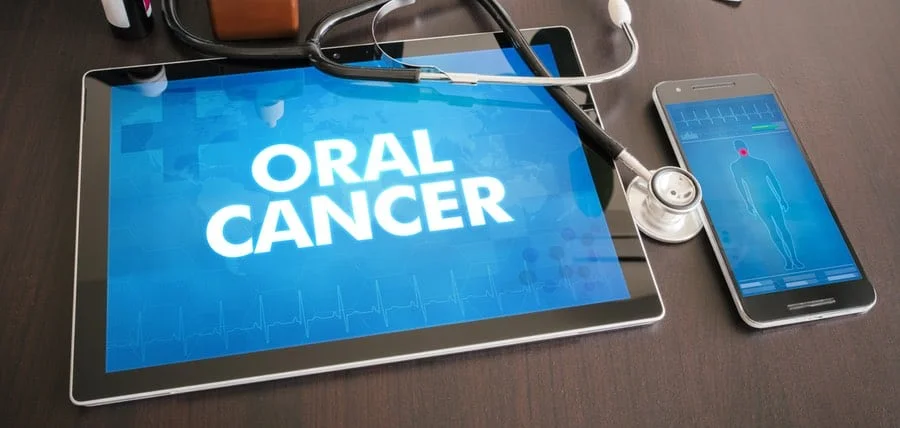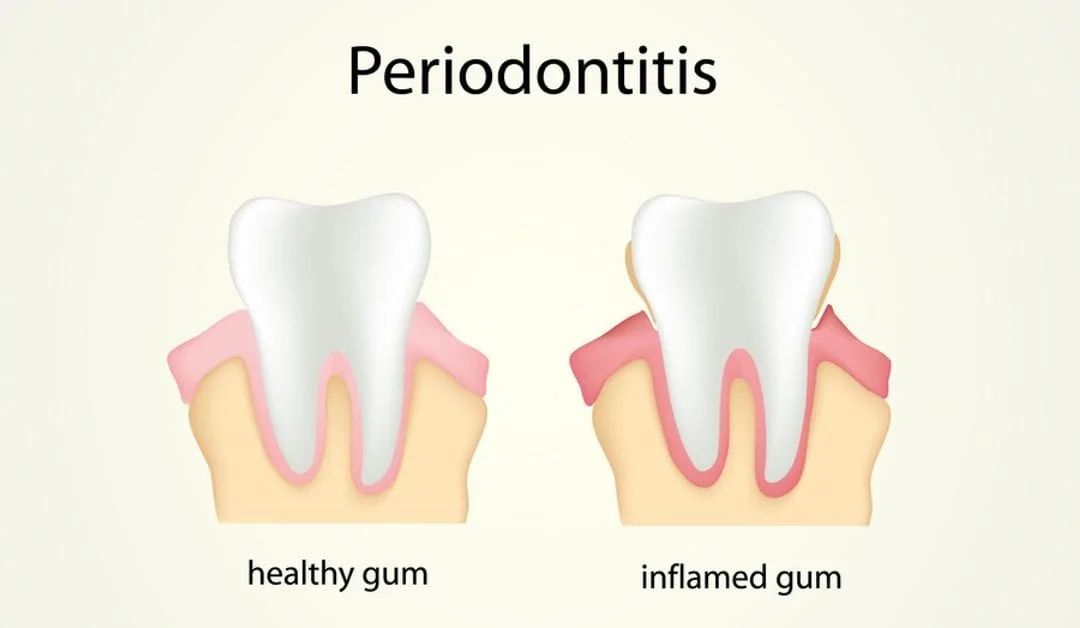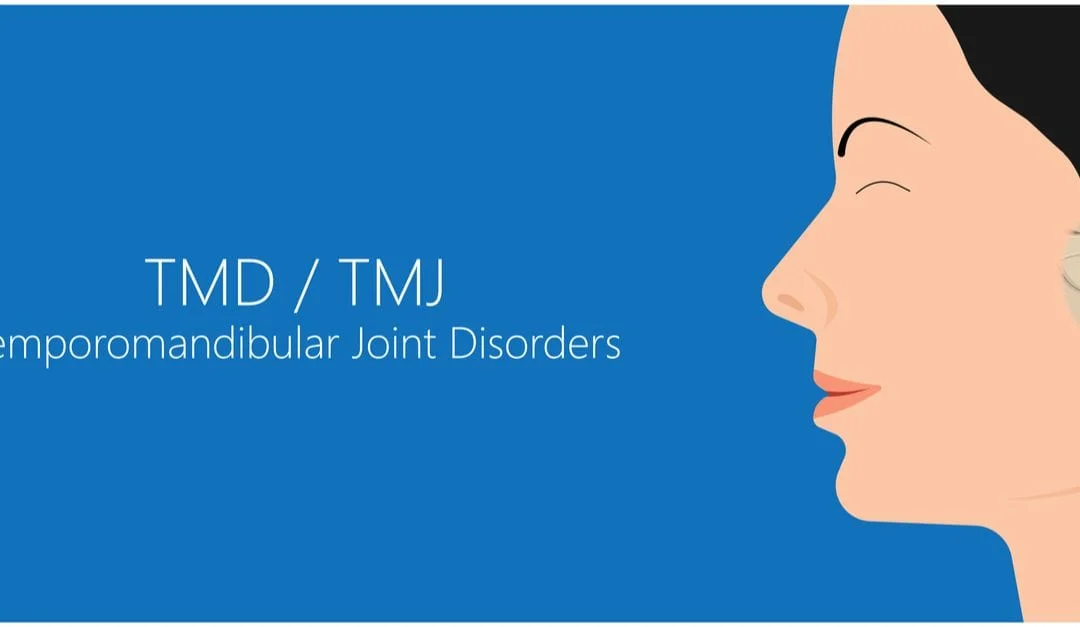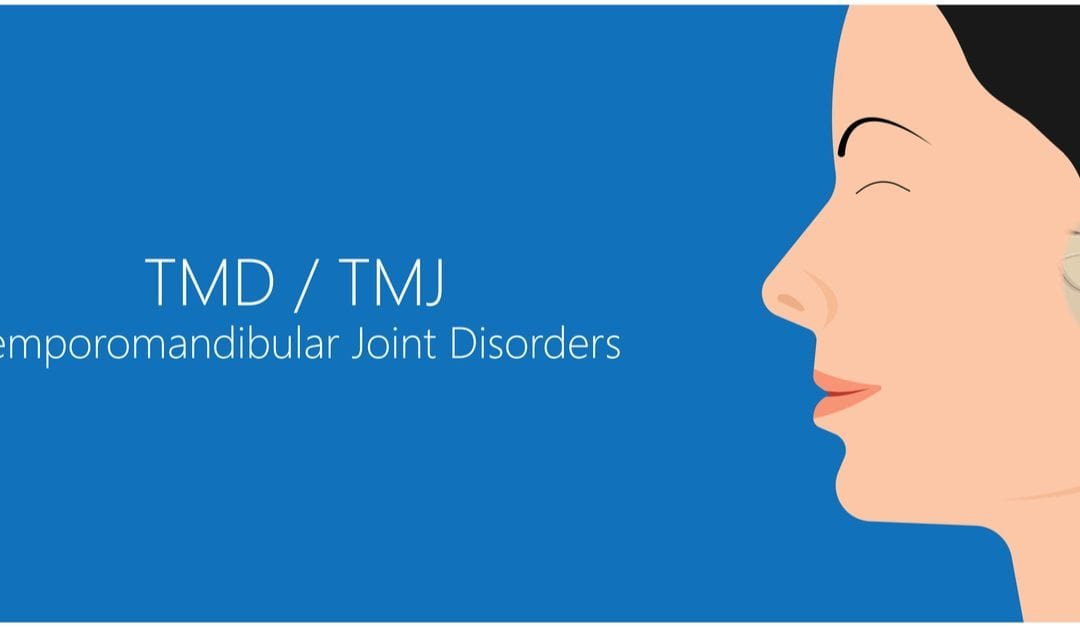
Table of Contents
Temporomandibular joints are unique. They work like a sliding hinge. When they work the way they should, humans can perform all kinds of amazing feats with their mouths. We can eat, move our jaws from side to side, sing, and open wide to laugh. When these two joints don’t work correctly, they can cause jaw pain and headaches. These problems are sometimes called TMJ, which is the acronym for the temporomandibular joint.
TMJ Causes
There are several causes for TMJ — called TMD by some people. TMD stands for temporomandibular joint disorder. A TMJ disorder can have several causes. You may have injured your jaw because of an accident. People may suffer from a TMJ disorder when they are hit in the mouth while playing a sport, for example. A TMJ disorder can also occur if you are grinding or clenching your teeth at night. Many people clench their teeth while they sleep, or they grind their teeth. Often, this is because of stress or anxiety. Over time, clenching and grinding teeth can cause problems for your teeth, gums, and jaw. Bruxism (teeth grinding) puts a lot of pressure on your jaw and teeth for hours at a time.
People who suffer from poor oral health may also suffer from TMJ. Over time, as you lose teeth, other teeth will try to fill in the spaces. This causes your natural teeth to shift and may cause problems with your bite. And, this can affect your jaw.
TMJ Symptoms
There are several symptoms of a TMJ disorder. You could have all the symptoms or only a few. You need to remember that you have a TMJ on each side of your mouth. The joints are responsible for the opening and closing of your mouth. They move it from side to side and back and forth. Muscles and ligaments hold the lower jaw onto the upper jaw. A disk of cartilage sits between your lower jawbone and your skull. That disk could become inflamed, which is one of the causes of a TMJ disorder.
Many people with a TMJ disorder report pain in their jaws, especially when they open or close their mouths. Chewing food may become painful. They may also have problems opening and closing their mouths when they want to. TMJ disorders can sometimes make your jaw feel like it has frozen in place.
TMJ sufferers also report that their faces feel painful. They may have headaches and neck pain. In addition, they sometimes hear a popping or cracking sound when they chew. Some people with a TMJ disorder find it difficult to quietly chew their food at all. This is especially true if it is a hard fruit or a salad. They worry that everyone can hear them when they are eating.
TMJ Treatments
While a TMJ disorder is a condition no one wants to have, there are options. First, you may want to try anti-inflammatories for your jaw pain. These anti-inflammatories reduce both the pain and swelling, so they help many TMJ sufferers. You may also want to try applying cold compresses or ice packs to your joints to reduce the swelling.
If you worry you are clenching or grinding your teeth at night, wear a mouthguard. Just as sports mouthguards protect your teeth while playing a sport, night mouthguards can protect your teeth while you sleep. This is important if you do have bruxism because it prevents further inflammation of your jaw.
How to Cure TMJ Disorder Permanently?
TMJ disorder has a wide variety of treatments. There are surgical and non-surgical treatments. The most effective ways to achieve a permanent cure for TMJ disorder are explained below.
1. Visit the Dentist
Getting an accurate diagnosis for TMJ disorder is crucial to get the right treatment. Visit a dentist in NYC so they can evaluate the alignment between your jaw and teeth. After that, they will recommend a treatment method. The dentist may suggest you wear a nightguard so your teeth remain protected or get a dental splint to make the jaw align properly. If the teeth are misaligned, you may be asked to undergo an orthodontic treatment to fix TMJ disorder.
2. Medications
Medications, such as nonsteroidal anti-inflammatory drugs (NSAIDs), reduce pain and improve inflammation around your jaw. These medications help you manage the symptoms of the conditions temporarily.
Apart from NSAIDs, the doctor also prescribes anti-anxiety or antidepressant medications because the disorder is accompanied by poor sleep quality and emotional disturbance. If the pain is severe, an opioid medicine is prescribed. However, the decision to prescribe an opioid medication is taken after many other medication options have been tried. This is because opioid medicines can be addictive and lead to many side effects.
3. Physiotherapy
Physiotherapists assess your symptoms and examine the movements of your jaw. This allows them to find out how different movements cause pain. The physiotherapist also feels for tenderness around your jaw.
After examining the symptoms and jaw movement, the physiotherapist will suggest various treatments. These can be massaging the tight muscles around the jaw, using manual therapy to reduce pain, or using acupuncture. Electrotherapy, or the application of small electrical currents to a painful spot, also helps to improve jaw pain.
4. Injections
Several injections help with managing TMJ disorder. The major ones include the following:
- Steroid injections: These are injected into the jaw joint. Steroid injections contain corticosteroids, which reduce swelling and improve movement. Injections of methylprednisolone minimize pain and allow you to open your mouth normally for three weeks.
- Platelet Rich Plasma (PRP): PRP is blood plasma that has concentrated platelets. The platelets work collectively to repair damaged tissues in any part of the body. The injections help improve the function of the jaw and the associated pain.
- Activated Mesenchymal Pericyte Plasma (AMPP): This is a superior regenerative treatment that utilizes your body’s natural healing process to end the damage and pain within. It contains concentrated blood plasma PRP/PRGF and cells from adipose tissue in your body. These are combined with PRP and injected into your TMJ.
- Bone Marrow Aspirate Concentrate (BMAC): In BMAC, the doctor takes stem cells from your bone marrow and injects them into the jaw. This treatment reverses the degenerative impact of TMJ.
5. Ultrasound Therapy
Therapeutic ultrasound sends deep heat to the chewing muscles linked to your jaw joints. This heat increases circulation, which reduces swelling and pain in the jaw joint. Ultrasound therapy facilitates tissue healing and relaxation of muscles.
6. Surgical Treatment Options
If the non-invasive treatments mentioned above are not effective at curing TMJ disorder, the following surgical approaches will help you.
- Arthroscopy: Arthroscopy is a minimally invasive surgery for TMJ disorder. The surgeon makes a tiny incision or cut to access the jaw joint. Then, a thin tube with a camera and light (arthroscope) is inserted there. The surgeon will remove the damaged tissue or adjust it. In the end, the joint will be washed with sterile fluid.
- Open-jaw surgery: Discopexy and meniscoplasty are two common open-jaw surgery procedures used to treat TMJ disorder. In this surgery, the surgeon moves a displaced disc or cartilage to the correct place, which helps manage the issue. The treatment lowers the pain and swelling associated with TMJ disorder.
- TMJ Replacement Surgery: The TMJ replacement surgery is the only permanent cure if your jaw joint has undergone significant trauma or has a tumor. In total temporomandibular joint replacement, the surgeon replaces the joints between your lower jaw and the base of the skull. It is done using customized prosthetic joints. It is a long process, and after it is complete, you will be reviewed regularly.
7. Lifestyle Changes
If you have a mild case of TMJ disorder, incorporating lifestyle changes will allow you to manage the condition well. Some useful changes you should make include the following:
- Avoid eating hard or crunchy food. Instead, eat more soft foods, such as roasted vegetables, fruits, and pasta. They put less strain on the jaw joint than hard food items.
- Do not bite your fingernails, as it is shown to worsen the symptoms of the disorder.
- Try to avoid jaw clenching by practicing relaxation techniques like meditation. If continued, the habit increases the severity of the TMJ disorder.
- Do not chew gum excessively. It prevents the jaw from getting rest and worsens the symptoms of an existing TMJ disorder.
8. Self Management Techniques
You can try some self-management techniques at home when struggling with TMJ disorder.
- Place ice or heat around your jaw. It lowers swelling and induces relaxation in the tight muscles. Do not put the ice directly on the skin. Use a barrier like a thin cloth to prevent direct contact.
- Habits like grinding teeth, jaw clenching, and fingernail biting are indicators of stress. So, manage stress with techniques like meditation, breathing exercises, and warm baths.
- Try not to isolate yourself socially. It can be difficult to eat in public because of a painful jaw, but you can participate in other activities that allow you to stay social. The more you enjoy yourself with others, the more positive you will feel.
Find a Permanent Treatment for TMJ
If you are looking for a permanent cure for TMJ disorder, Maiden Lane Dental is the right place. We are located in the Financial District of New York. Our expert dentist will assess your condition and create a treatment plan that helps you achieve complete recovery from this condition. Book a consultation at our clinic if you are unable to bear the symptoms of TMJ disorder. We assess your mouth comprehensively and determine the root cause of the condition. Give us a call anytime at +1 212-509-4585.
Our Service
-
 Dental Service
Dental Service
-
 General Dentistry
General Dentistry
-
 Cosmetic Dentistry
Cosmetic Dentistry
Comprehensive dental care ensuring healthy, radiant smiles for individuals and families in NYC.
Routine check-ups, cleanings, and preventive care to maintain your oral health effortlessly.
Enhancing your smile with advanced cosmetic procedures for a confident, beautiful appearance.

